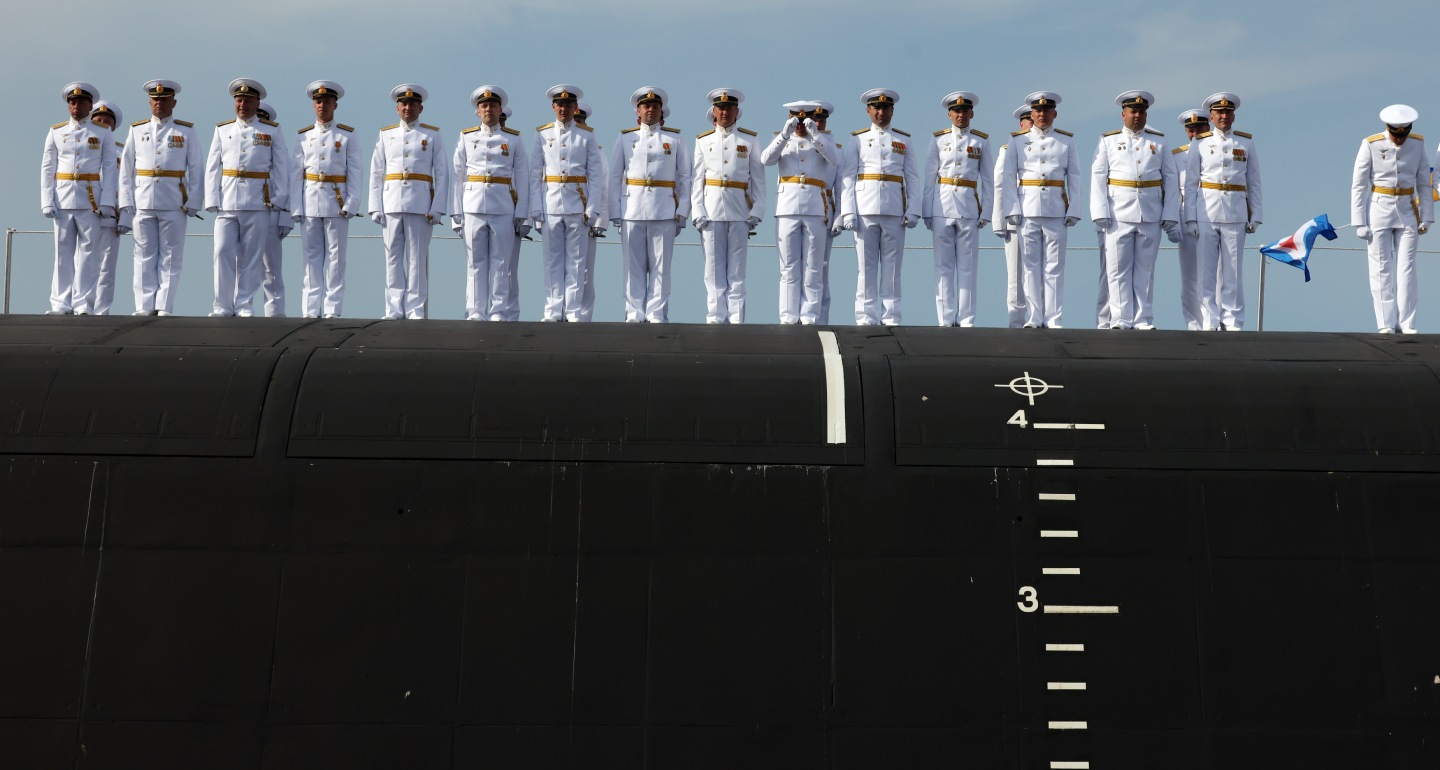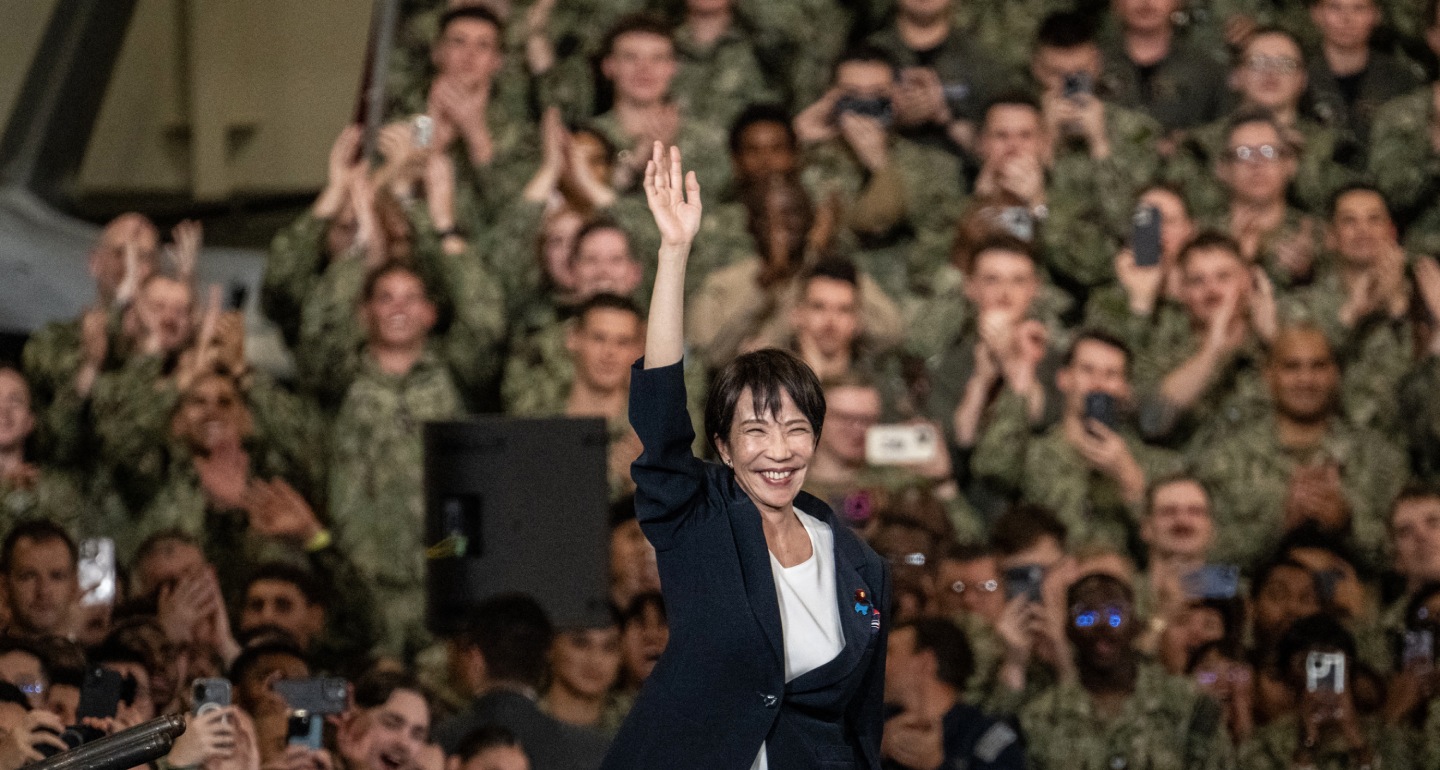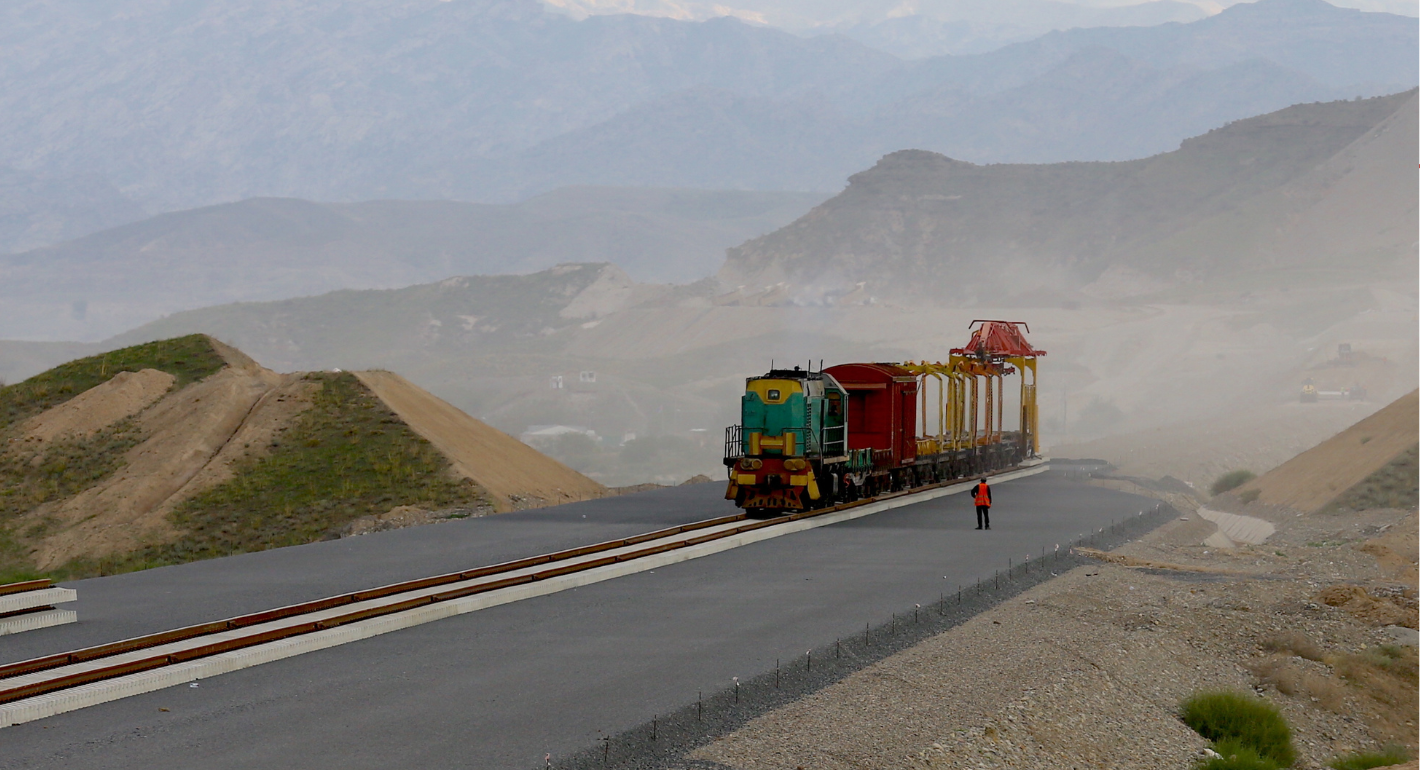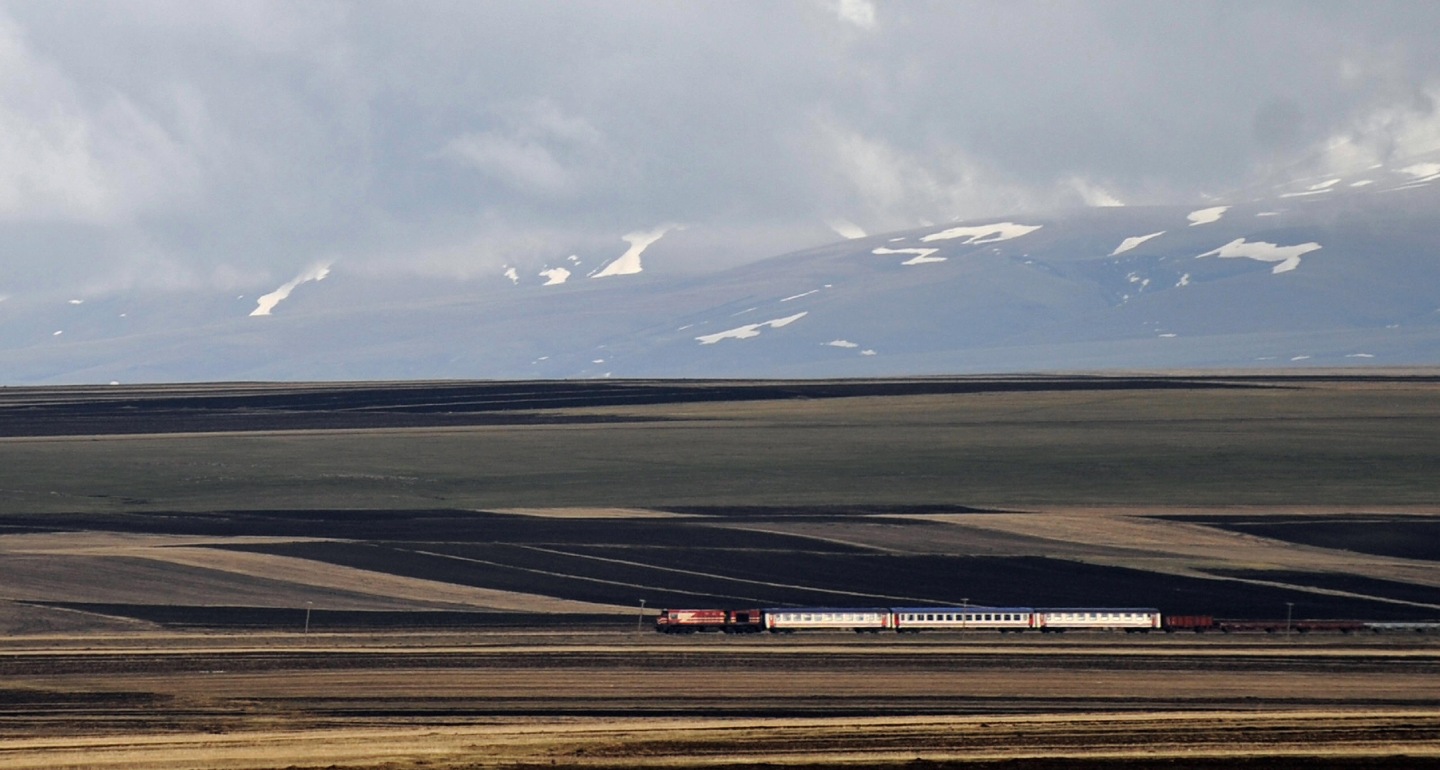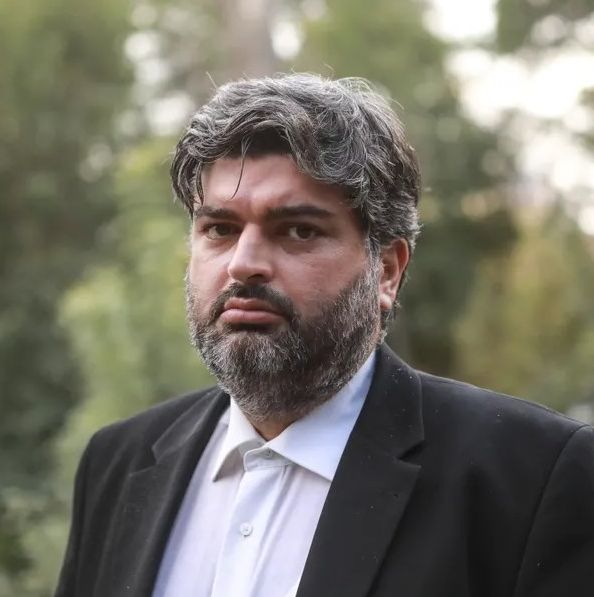Source: Carnegie
Ten years ago, President Boris Yeltsin and his newly minted government launched a set of revolutionary changes comparable in scale and scope with the French Revolution and the Bolshevik Revolution. Like these earlier social revolutions, Yeltsin and his band of revolutionaries sought to transform the fundamental organization of the polity and economy within Russia. Their aim was to destroy the Soviet command economy and replace it with a market economy. They also aspired to crush Soviet dictatorship and replace it with a democratic polity.
Unlike their counterparts in France in 1789 or Russia in 1917, Russia's anti-communist revolutionaries added an additional task -- the dissolution of the Soviet empire. In some respects, then, the agenda of change introduced a decade ago in Russia was even more far reaching than that which the Jacobins or Bolsheviks sought to achieve.
A decade ago, few predicted that "the reformers" (they were really revolutionaries, but the label has a very negative connotation in both Russian and the West) would be successful in implementing their agenda of triple transformation. At the time, Russia's elite and society were deeply divided on every issue of this agenda. As demonstrated by the overwhelming majority who voted in favor of preserving the union in the March 1991 referendum, Soviet dissolution was very unpopular. The growing resistance to Prime Minister Yegor Gaidar and his reforms in the Russian Congress underscored the weak support for market reforms.
If many post-communist countries debated what sort of market reforms to pursue after the fall of communism, Russia debated whether to pursue market reforms at all. In 1992, the one set of changes that appeared to be most successful was democratic reforms. Yeltsin and his allies believed that the political struggle was over and the democratic side had won. In January 1992, therefore, the focus had to be on the other two agenda items -- confirming Russia's new borders and creating new market institutions.
A decade later, one has to be impressed with the scale of change already achieved. Well into the 1990s, it remained unclear (1) if boundaries between new states would become permanent and peaceful, (2) if capitalism would ever take hold or (3) if democracy would ever be consolidated. Amazingly, only a decade after this revolution began, two out of three of these transformations have been completed. Ironically, however, democracy -- the one change that seemed most secure in 1992 -- is most threatened in 2002.
The Soviet empire is gone and will never be reconstituted. Belarus may join Russia again, but the coercive subjugation of states and peoples adjacent to Russia's borders appears very unlikely. Though thousands of lives have been lost as a result of this empire's dissolution, Russian decolonization has been relatively peaceful compared to the collapse of other empires. The Soviet command economy is also extinct and will never rise from the dead. Russia today has a market economy. This market system is severely flawed.
But the fundamental institutions of the Russian economy today look more like other capitalist economies around the world and less like the command economy practiced by the Soviet ancien regime. In addition, even former counterrevolutionaries such as the Communist Party of the Russian Federation now endorse the basic tenets of capitalism.
Third, the autocratic institutions of the Soviet ancien regime have also collapsed. Yet, it is still too early to declare that democratic institutions will permanently replace the old order. Post-communist Russia most certainly has experimented with democratic practices. That every major political leader in post-communist Russia has come to power through the ballot box is a real accomplishment for a country rich in centuries of autocratic rule. That the constitution adopted in 1993 has remained the highest law in the land is also a good sign.
In addition, every serious poll conducted in Russia in the past five years shows that a solid majority of Russian citizens support democratic ideas and practices. Yet, compared to the deep roots of Russian independence and Russian capitalism, Russian democracy remains the unfinished agenda item of the revolution launched a decade ago.
Early in the Putin era, Russia's revolutionaries and their supporters in the West remained hopeful that the new Russian president would move to consolidate the fragile achievements of the revolution from the previous decade. Like all revolutions in their later stages, consolidation would require greater state power, more order and even a return of some old practices (i.e. Thermidor). Supporters of the revolution remained optimistic that Putin was too smart, too young and too Western to become the Bonaparte or Stalin of their revolution.
He has disappointed. Though still too early to make final judgments, the accumulation of anti-democratic acts has become too great to ignore. Perhaps the emasculation of the Federation Council and the brutal methods used in Chechnya could be overlooked or justified.
Revolutionaries interested in the triple transition -- decolonization, capitalism and democracy -- could even make rational arguments for why NTV (that is the real NTV) had to go. Vladimir Gusinsky is no Andrei Sakharov. Yet, no one originally dedicated to the revolutionary mission of a decade ago can make an honest argument in defense of TV6's closure. Boris Berezovsky, the majority stakeholder in TV6, has done a lot of damage to the advance of Russia's capitalist and democratic revolution, but the process by which TV6 was shut down has done even more damage. Even my colleagues who work for and support Putin privately express dismay. They defend the president only half-heartedly by saying he was not involved. But his noninvolvement is exactly the problem.
A leader dedicated to furthering democratic practices would speak out about this case and not pretend that the rule of law had suddenly appeared overnight in Russia.
Two out three is not bad. That Russia is a not an empire and is a market economy are solid achievements for a decade's work. But two out of three is not good enough. If Putin does eventually erect a new dictatorship, then the two other achievements of the revolution could become less secure. In dictatorships, the military is the most important constituent. In Russia, the military is the most pro-imperial interest group in the country. In contemporary dictatorships, capitalism rarely thrives. China is the exception; Angola or Saudi Arabia the rule.
A Russian state strong enough to take away TV6's license can also seize Boeing's assets. Russia's revolutionaries from a decade ago (and their supporters in the West) need to re-dedicate themselves to completing their revolutionary agenda before it's too late. Especially those liberals in the Kremlin and the government must begin to question whether their continued support for Putin serves the aims of all parts of the old revolutionary agenda. To ignore the democratic component is to abandon the original ideals of a decade ago.

